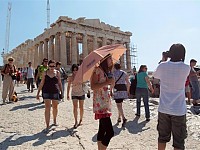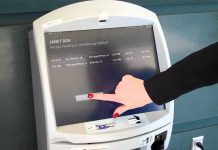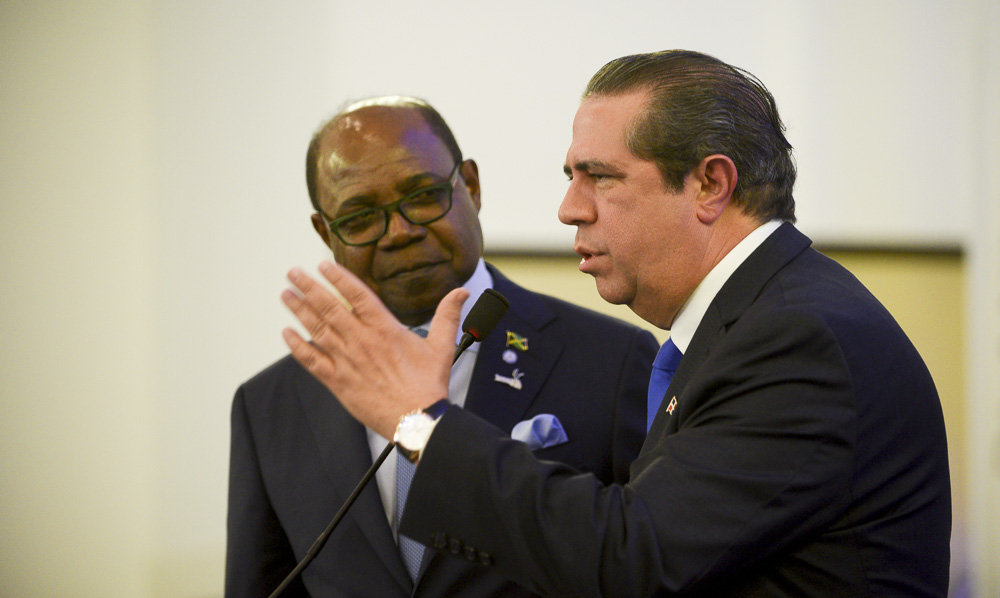
Entry prices for most of the museums and monuments in Greece are all set to increase as much as 150% as the Syriza government gears up to end the austerity measures. The authorities are targeting the Greek tourism sector because they regard the prices extremely low.
While the entry ticket rates for the monuments at Athens will increase by 66 percent to €20 from €12, those for the ruins of the Knossos in Crete, the oldest city in Europe, will jump by 150 percent to €15 from €6, according to the federation of travel agents in Greece.
The culture ministry said that the entry ticket prices at other popular museums and sites would double and that the new rates would be applicable during the period from April to November 2016. For the rest of the year, there will be a 50 percent discount.
The entry rates at 200 state museums in Greece would rise – including the ancient sites like Olympia, the Olympic Games’ birth place. In addition, entry tickets would be introduced for visiting approximately 20,000 archaeological sites in the country that were previously free.
The argument of the government is that the additional revenue of the Greek tourism sector would help the country offset the austerity measures that have been imposed by the international bailout creditors.
According to Ioanna Baltsou, an official in the culture ministry, the adjustments in entry ticket prices would bring them on par with the rates prevalent in other parts of Europe. In the UK, there is no entry fee to visit the most popular attractions, but the cheapest ticket for an adult to visit the London Tower, the most visited site, is £23.10.
Baltsou also said that the 1.2 million unemployed people in Greece need not pay any fee for visiting the sites, but the tourists exploring the popular country during the off season (November to April) would be eligible for 50 percent discount.
Meanwhile, the local travel agents are of the opinion that the increase in entry rates would negatively impact Greek tourism and the amount of foreign tourists. With as many as 26 million people visiting the country annually, tourism contributes a great deal to the economy.
The Greek federation of travel agents has written to Alexis Tsipras, the prime minister, and culture minister requesting that prices be increased gradually over a period of three years. Lsysandros Tsilidis, the president of the federation, said that the hike in value added tax on goods and tourism services and price increases on entry tickets to archaeological sites and museums would make their travel packages simply uncompetitive.










